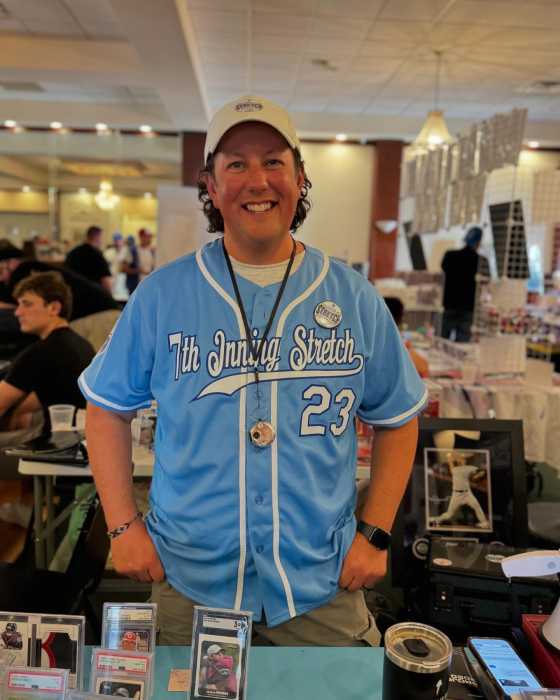With the passage of Local Law 129 in 2005, the City Council created the Minority and Women-owned Businesses Enterprise Certification Program, which at its core was designed to encourage a bit more fairness for businesses owned and operated by women and people of color in their dealings with the city. It was supposed to give minority businesses a more level playing field to compete for city contracts, and in so doing promote their own businesses while contributing to the city’s economy.
I was proud to have been the prime sponsor of this landmark piece of legislation and even more excited about the benefits I hoped it would bring to the communities of color in New York City.
But after six years, it is time to evaluate the program again to see where we have succeeded, where we are falling short and where we could be doing more to open doors for women and people of color.
While Mayor Rudolph Giuliani did many great things for New York City, it is hard to deny that communities of color suffered during his administration. Estimates suggest that the African- and Latin American communities may have lost as much as $10 billion in potential investments from the city during Giuliani’s time as mayor. Racial anxieties and irrational fears were widespread during this time, and the result was unnecessary damage both to minority communities and the city economy as a whole.
Today, the general consensus is that while race relations have improved, the MWBE program has been a failure by not bringing about the economic boon to minority- and women-owned businesses we had hoped and imagined. The city still deals disproportionately with contractors from outside New York City or, worse, the state, shipping city tax dollars to other jurisdictions when the same work could be done by businesses in New York.
Late last year, city Comptroller John Liu released a study suggesting that minority- and women-owned businesses are receiving less than 2 percent of the contracts awarded by the city. In response, his office instituted an MWBE Report Card, which would monitor the percentage of contracts awarded by the city to MWBEs. The results have been disappointing.
It is simply a fact that businesses hire people who look like themselves as a matter of convenience and comfort. Minority businesses are shrinking at least in part because they cannot compete successfully for government contracts being awarded by people who look nothing like them — who, through virtually no fault of their own, are unfamiliar and uncomfortable with businesses representing cultures and places distinct from their own.
It is clear that we need to do more. It should cost the city dearly to do business with outside contractors. City-based businesses should have a natural leg up on companies from New Jersey or Westchester County when awarding contracts, and MWBEs should enjoy still more benefits. External businesses that get awarded contracts with the city should also have to ensure that they employ as many local workers as possible.
The certification process should be streamlined and requests for proposals from the city sent first to MWBEs. There are, of course, also ways to construct disincentives for outside businesses to come into New York, including the closure of tax loopholes and other means.
That 2 percent of city contracts could be awarded to MWBEs after the enactment of Local Law 129 points to a systematic effort to exclude that is simultaneously deeply ingrained and, in all likelihood, innocently constructed.
People hire people who look like themselves. People award contracts in the same way. In a city that is majority minority, we need the economic playing field to mirror the social landscape. As long as minorities continue to be excluded from big contracts from the city, New York will never be maximizing its true economic potential.
James Sanders
City Councilman
(D-Laurelton)






































